The Physics of Quantum Thermodynamics
Introduction
Quantum thermodynamics is a burgeoning field that merges the principles of quantum mechanics and thermodynamics. It aims to provide a comprehensive understanding of the thermodynamic properties of quantum systems, which are systems that follow the laws of quantum mechanics. This field is a significant departure from classical thermodynamics, which deals with macroscopic systems and averages over many particles.

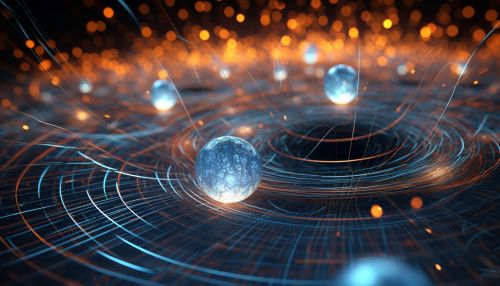
Quantum Systems
Quantum systems are unique in that they exhibit properties such as superposition and entanglement. These properties, which are not found in classical systems, have profound implications for the thermodynamics of quantum systems. For instance, the superposition principle allows quantum systems to exist in multiple states simultaneously, which can lead to novel thermodynamic behavior.
Quantum Statistical Mechanics
Quantum statistical mechanics is a crucial foundation for quantum thermodynamics. It is an extension of statistical mechanics, a branch of physics that uses statistical methods to explain the behavior of a large number of particles in a system. Quantum statistical mechanics incorporates quantum mechanics to describe systems of particles that follow quantum laws.


Quantum Heat Engines
Quantum heat engines are a key application of quantum thermodynamics. These are devices that convert heat into work, or vice versa, using quantum systems. Quantum heat engines can operate at efficiencies that are not achievable by classical heat engines, due to the unique properties of quantum systems.
Quantum Thermodynamic Laws
Quantum thermodynamics also involves the formulation of the laws of thermodynamics in the quantum regime. These laws govern the behavior of energy and entropy in quantum systems. They include the zeroth, first, second, and third laws of thermodynamics, each of which has a quantum counterpart.
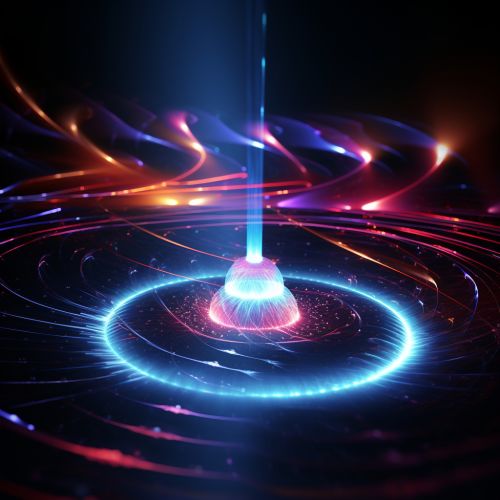

Quantum Thermodynamic Processes
Quantum thermodynamic processes involve changes in the state of a quantum system due to interactions with its environment. These processes can include quantum versions of classical thermodynamic processes, such as isothermal and adiabatic processes.
Quantum Thermodynamic Potentials
Quantum thermodynamic potentials are quantities that describe the thermodynamic state of a quantum system. They include the internal energy, Helmholtz free energy, Gibbs free energy, and the grand potential. These potentials play a crucial role in determining the equilibrium state of a quantum system.

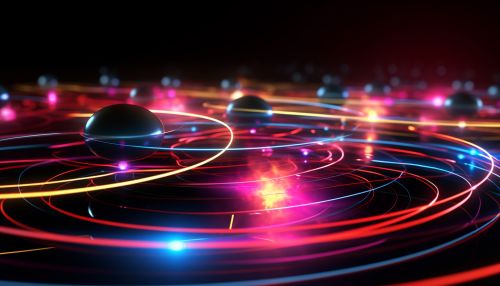
Quantum Thermodynamic Equilibrium
Quantum thermodynamic equilibrium is the state in which a quantum system is in balance with its surroundings. This state is characterized by the absence of net flows of energy or particles between the system and its environment.
Quantum Thermodynamic Fluctuations
Quantum thermodynamic fluctuations are random variations in the properties of a quantum system due to quantum effects. These fluctuations can have significant effects on the thermodynamic behavior of the system.
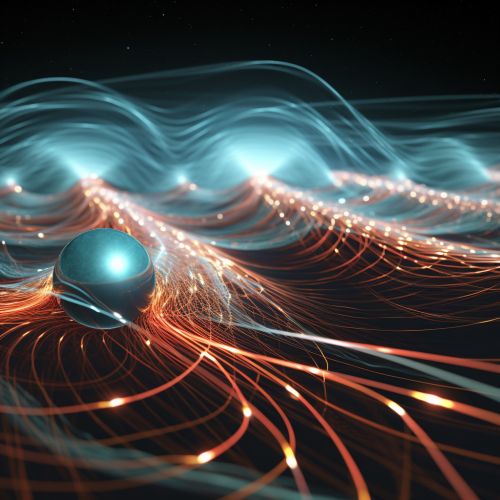
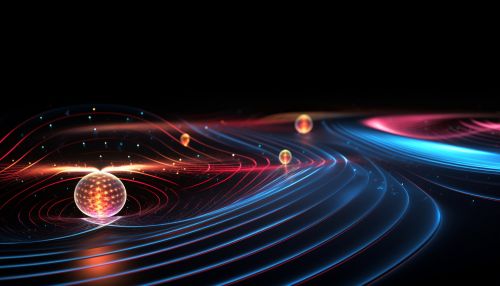
Conclusion
Quantum thermodynamics is a rapidly evolving field that promises to revolutionize our understanding of the thermodynamic behavior of quantum systems. It has the potential to lead to the development of new technologies, such as quantum heat engines, that harness the unique properties of quantum systems.
